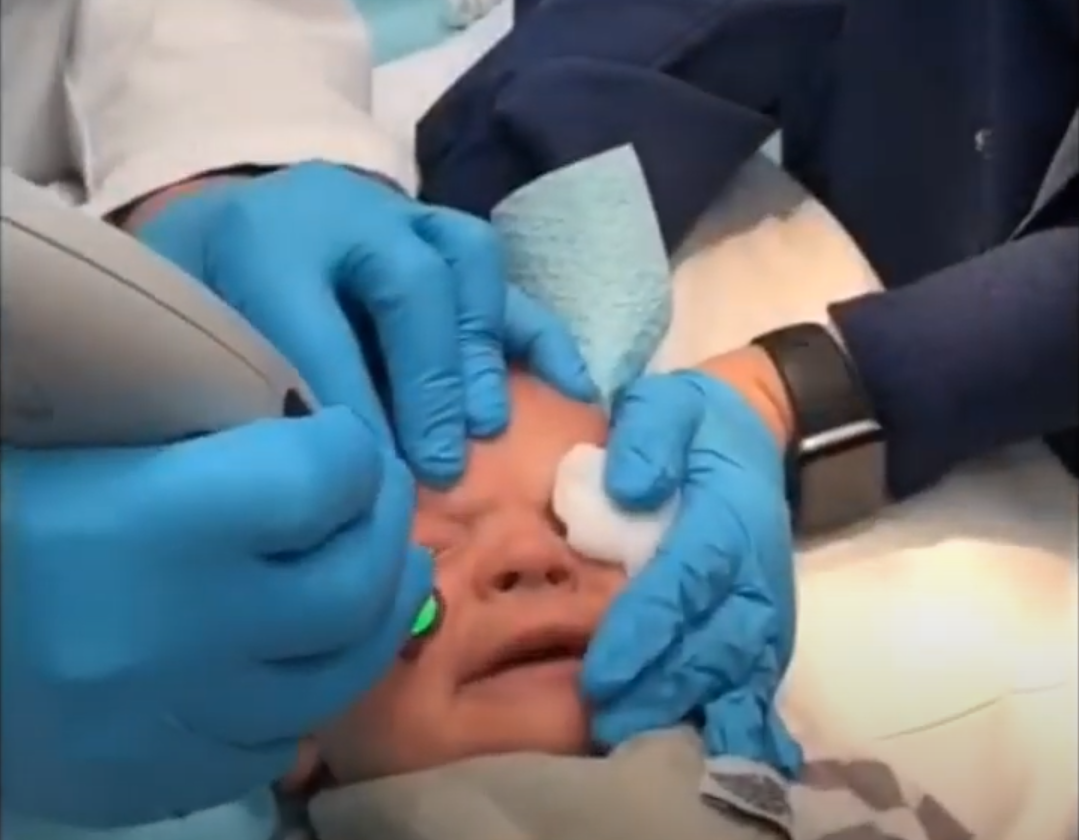 Dermatologists have called on hospitals to restore access to laser therapy for infants with capillary malformations during the COVID-19 pandemic, arguing it is not a cosmetic procedure.
Dermatologists have called on hospitals to restore access to laser therapy for infants with capillary malformations during the COVID-19 pandemic, arguing it is not a cosmetic procedure.
The halting of laser therapy on the basis that it is not a high acuity service overlooks the fact that there is only a brief window of opportunity for the procedure to be used in young infants, according to Dr Helen Sun and Dr Deshan Sebaratnam of the Department of Dermatology, Liverpool Hospital, NSW.
Writing in the Journal of Paediatrics and Child Health they say that capillary malformations are not a trivial condition, and can result in significant psychological morbidity, especially after children start school. They are best treated as early as possible because they may darken, hypertrophy and develop benign vascular tumours with increasing age.
Early intervention with laser, as early as days after birth, is associated with better outcomes and less pain for children with vascular skin anomalies, they write.
And as dermal thickness and scatter increase with age, laser therapy in younger patients is more effective and is thought to provide the best opportunity to obtain lesion clearance.
“In infants, the surface area of the malformation is also smaller in absolute size, so fewer pulses are required and accordingly there is less pain,” they note.
According to Dr Sun, laser treatment in infancy affords the opportunity to avoid general anaesthesia, which poses a risk for neurological development in younger children.
General anaesthesia may also lead to transient lightening of capillary malformations, reducing available target chromophore.
“This decreases the effectiveness of each treatment and may result in additional sessions being required. Treating capillary malformations employing swaddling rather than the use of general anaesthesia is only possible during a small window in infancy,” they say.
“Whilst laser treatment of capillary malformation is certainly not of high acuity, it is much more than a cosmetic procedure. It is much better regarded as an elective procedure, and we argue health administrators should categorise access to it during the COVID-19 pandemic as such,” they suggest.